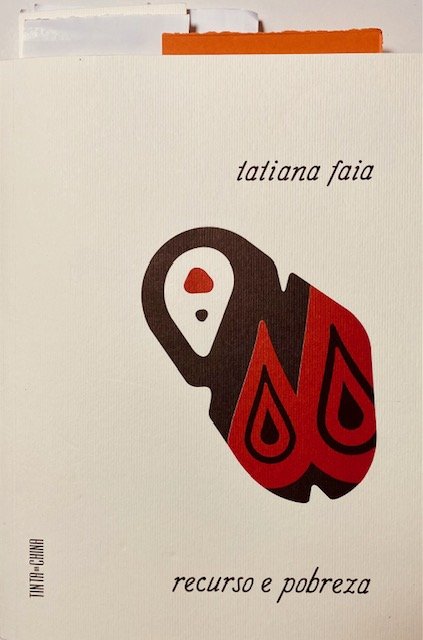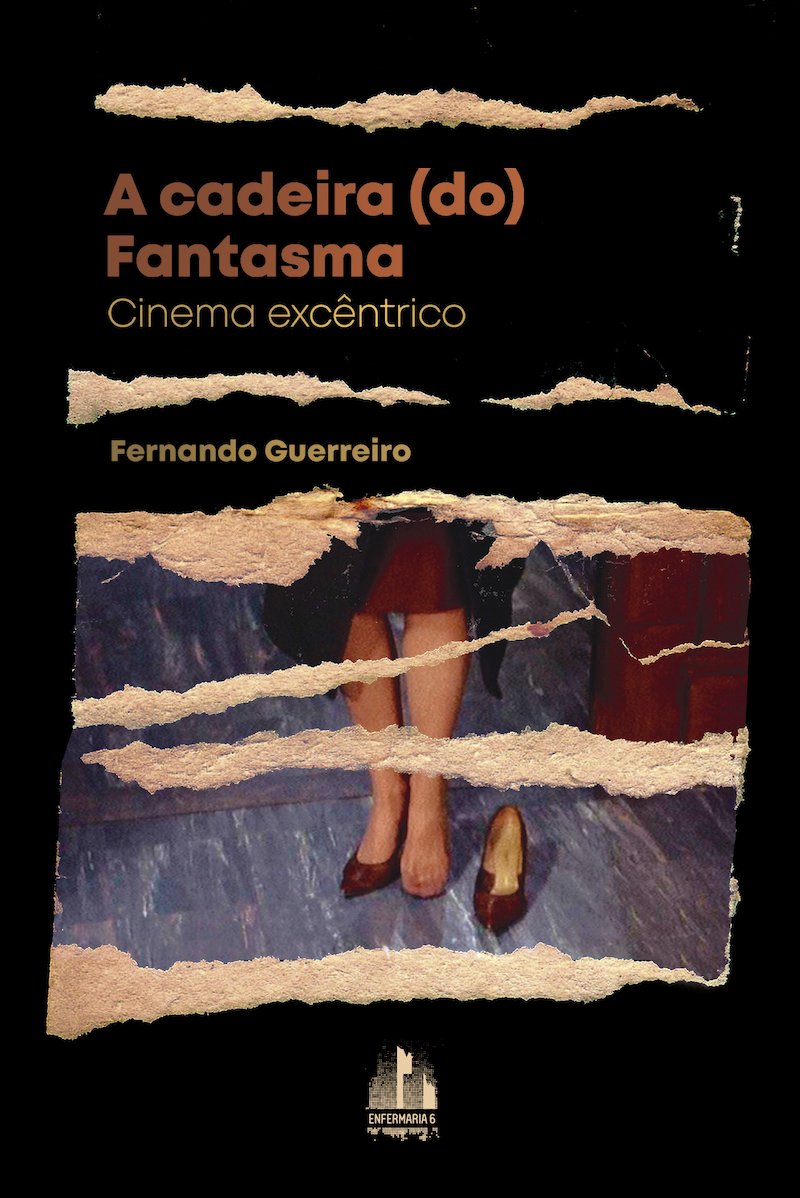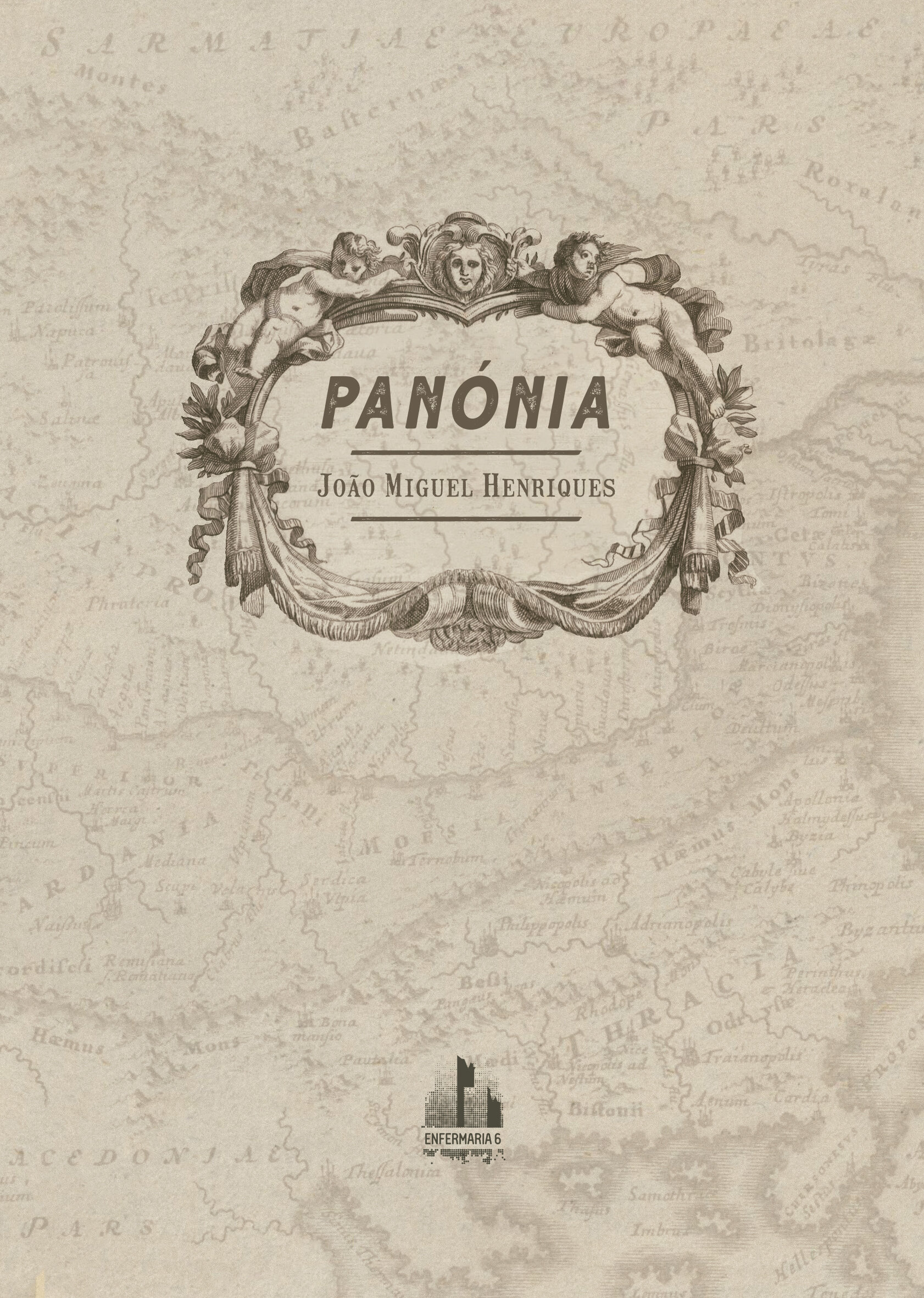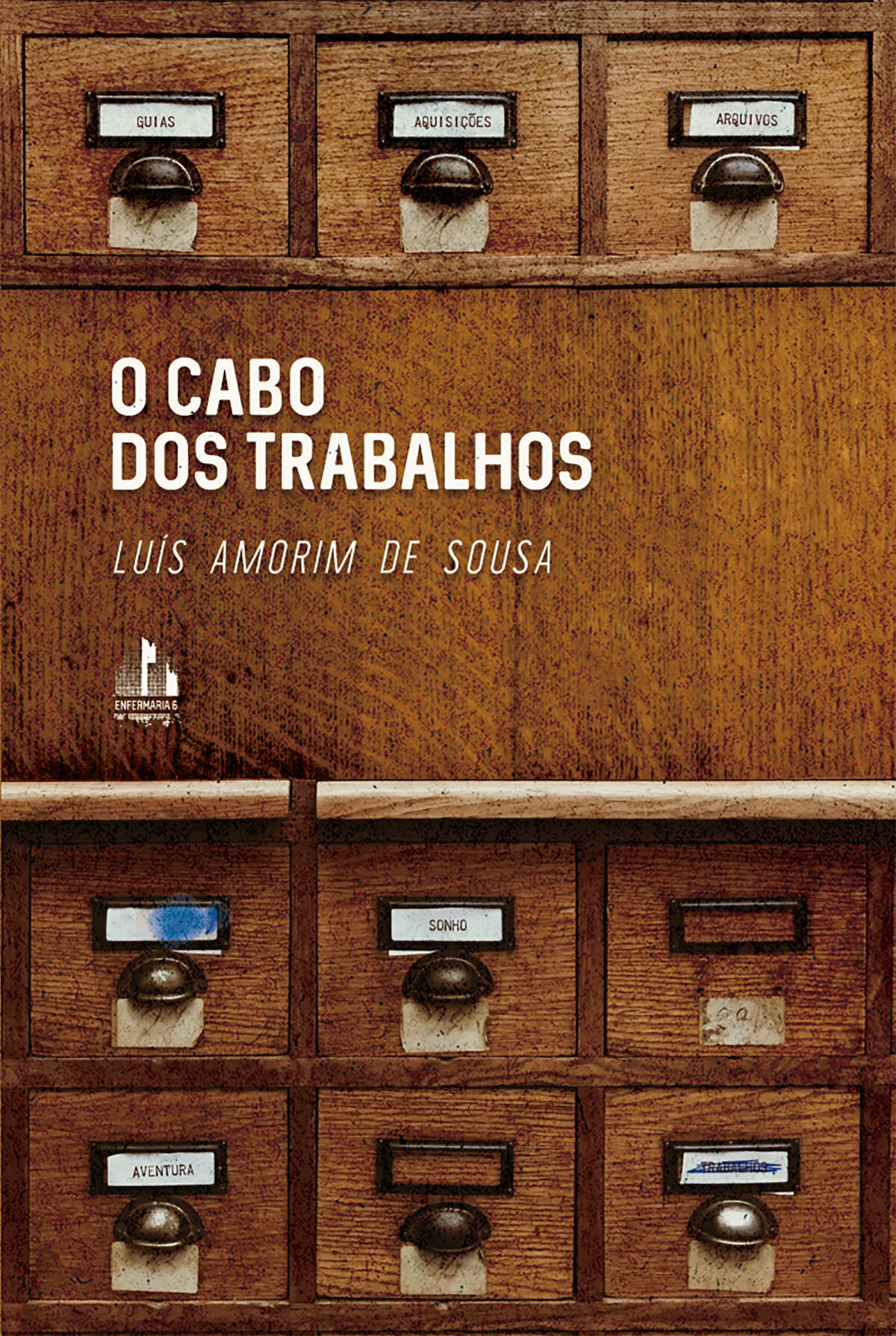Dois poemas de David Harsent
/Tradução de Hugo Pinto Santos.
Ambos os poemas foram anteriormente publicados na edição online do Público
Franco-Atirador
Estou abrigado aqui e longe da vista. Estou abrigado aqui em cima
na torre sineira de Nossa Senhora da Vingança: aqui é o meu lugar,
bem provido e com tudo em ordem. Esta torre foi erguida no ano de
tal e tal, o ano do corvo, ano da nossa desgraça.
Estou abrigado aqui em cima à sombra da cruz,
com abafos para os ouvidos, tenho a minha manta e um colchão de palha,
ajoelhado, mas olho para baixo, como um homem a rezar.
Uma mulher atravessa a praça levando água.
Corre lenta, corre para não verter. Depois uma criança, à vista
desarmada, segue numa diagonal e corre como uma lebre
numa esquiva. Estou aqui ao abrigo, certinho, com uma salsicha e uma cerveja,
um fogareiro para me deixar os dedos livres. Passam os dias.
Estou perfeitamente aqui neste aconchego, a minha toca;
tenho onde pousar a cabeça, lugar onde mijar
e, como contraditório cómico, as aves dos ares.
Com um olho sobre a mira, o mundo fica por perto,
particular: este avô que abraça uma sobra, cabelo a cabelo
na cabeça, olhos orvalhados, no bolso a moeda
de antes da guerra, presa a uma corrente, o tecer do casaco. Além,
junto ao meu amigo, o Homem da Marlboro, é onde
me sentava a beber um café de manhã: o café do Arno,
uma máquina de flíperes, a jukebox, a rapariga com a cara da Madonna
até lhe vermos os detes; inclinava-me na cadeira
contra a parede a apanhar sol. Vão a medo. Vão com medo
de mim. E aonde vão, vão com as minhas boas graças.
Estou aqui em cima com muita coisa de reserva.
O céu da noite inunda-se, depois clareia, desfralda uma só estrela,
e a cidade recolhe ao silêncio debaixo da minha arma.
A mulher, a criança, o avô, não são coisa nenhuma, ou nada mais
do que a história pode ignorar, ou o amor apagar.
Sniper
I am tucked up here out of sight. I am tucked up here
in the bell-tower of Our Lady of retribution: my own space
well-stocked and arranged just so. This tower was raised in the year
blank-blank, the year of the crow, the year of our disgrace.
I am tucked up here in the shadow of the cross
with my ear-muffs, with my quilt and palliasse,
kneeling up but looking down, like a man at prayer.
A woman carrying water crosses the square.
She is running slowly, running not to spill. Then a child, out into clear
view, going along diagonal and running like a hare
jink-jink. I am tucked up here, a sure thing, with my sausage and beer
and a field-stove to keep my fingers supple. Days pass.
I'm more than content in my snuggery, my lair;
I have somewhere to lay my head and somewhere to piss
and, for comic disputation, the birds of the air.
With a scope pulled up to my eye, the world is close
and particular: this grandad, hugging the shade, each hair
on his head, the wet of his eye, the pre-war
coin on his fob-chain, the weave of his coat.Over there
by my friend the Marlboro Man is where
I would sit with my morning coffee: Arno's place,
its pinball machine, its jukebox, the girl with Madonna's face
until she showed her teeth; I would tilt my chair
to the wall and take the sun. They go in fear. They go in fear
of me. And where they go they go by my good grace.
I'm tucked up here with plenty left in store.
The night-sky floods then clears, flagging a single star,
and the city settles to silence under my piece.
The woman, the child, the grandad, are nothing.or nothing more
than what history can ignore, or love erase.
David Harsent, Selected Poems 1969–2005, Faber & Faber, 2007
Mergulho
Um pouco mais fundo, a luz perde-se dela. Primeiro
mal se pode tocar a superfície – há formas que podiam ser nuvens
pássaros em voo... Ela pousa a cara na espuma,
a ver pela última vez o mundo de onde veio, uma frágil
impressão de vozes que esmorecem enquanto ela se escoa
desde a alvorada até ao anoitecer, um sombrear glauco que vai
primeiro ao azul, depois mais que azul, e logo a um azul nunca visto
por ninguém que não ela, e aquele lento curso descendo disposto a cindir
tudo quanto ela tinha ou queria, tudo o que ela havia sido.
Dive
A little deeper and she’ll lose the light. At first
the surface is just touchable – shapes that might be clouds
or birds in flight... She sets her face to the skim
to get the last of the world she came from, some slight
sense of voices fading as she slips
from almost‐day to almost‐night, grey‐green shading
first to blue, then more than blue, then to a blue never seen
by anyone but her, and that slow drift down now set to sever
all that she owned or wanted, all she had ever been.
David Harsent, Fire Songs, Faber & Faber, 2014













